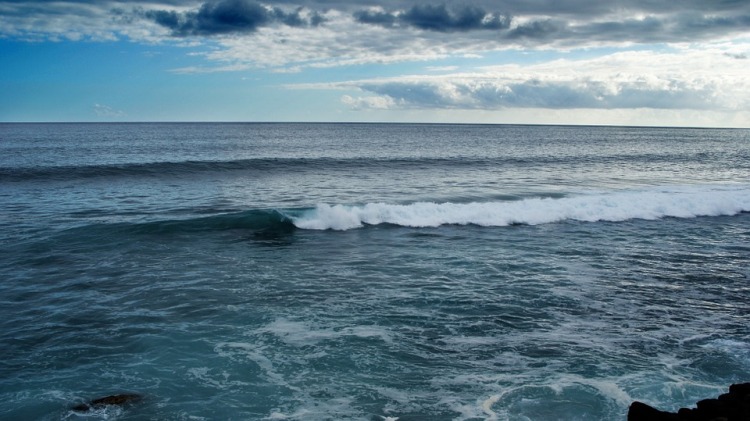India set to play key role of security guarantor in Indian Ocean region: Maldives def forces chief

- Country:
- India
India has been providing swift help to its neighbors at times of natural calamities and security threats, and it is all set to play the key role of a "security guarantor" for peace and stability within the greater Indian Ocean region, Maldivian Defence Forces Chief Abdulla Shamaal said on Friday. Speaking on 'National Security Vulnerabilities: Issues for the Small States' at an event here, Shamaal noted that India and the Maldives have historical and cultural linkages that have made bilateral ties stronger.
"India has been (providing) customary security guaranteeing architecture for decades if not centuries. This is quite evident by the prompt and swift response of Indian army services on various occasions," he said. He said India has always been at the forefront of providing help whether it was at the time of natural calamities like the tsunami or at the time of security threats.
Calling the Indo-Pacific region an economically and socially dynamic area, Shamaal said India is set to play the key role of a "security guarantor" for peace and stability within the greater Indian Ocean region. Shamaal said that smaller states might lack the physical attributes of larger states and lack economic power, but have strategic significance that could be leveraged against in their dealings with larger countries.
Smaller states require a stable regional and international order to grow as they need to expand their influence in the international arena and also value their autonomy in decision making, he said. He held that radicalisation and violent extremism posed a critical threat to the states in the region and citing the case of the Easter attacks in Sri Lanka he said that it was a very complex and complicated issue which required multi-domain, multi-agency and multi-structural approach by various states to counter this menace, with a "whole of government" and "whole of society" approach.
Shamaal said that the international environment today is extremely turbulent and volatile due to multi-layered complexities and uncertainties which often become unmanageable because of incomplete and ambiguous information sharing by states and security agencies. "Therefore, there was a need for collective action," he emphasized.
Listing out vulnerabilities faced by small states like the Maldives, Shamaal said global warming and violent extremism are the biggest threats facing the island nation. He said India and the Maldives share common historic interests.
"More importantly our geographies bind us together. Having the greater Indian Ocean region within India's underbelly and the Maldives located right in the middle of the Indian Ocean Region makes us natural friends and very close neighbors," he said. Shamaal on Thursday met Defence Minister Rajnath Singh and IAF chief B S Dhanoa and discussed ways to step up military and security cooperation through more structured and planned programs.
"There are security concerns with the transformation in the geo-strategic security environment. We talked about their spill-over effect and we are also concerned by issues of cross-border terrorism," he said on the sidelines of the event organized by the Institute of Defence Studies and Analyses (IDSA). The lecture by Shamaal was part of the Eminent Persons' Lecture Series at the Institute for Defence Studies and Analyses and was attended by eminent personalities from the strategic community.
(This story has not been edited by Devdiscourse staff and is auto-generated from a syndicated feed.)
ALSO READ
Myanmar capital military base attacked by drones, anti-junta groups say
Myanmar capital military base attacked by drones, anti-junta groups say
Myanmar capital military base attacked by small drones, anti-junta group says
Israeli military halts leave for all combat units - statement
Israeli military halts leave for all combat units - statement










